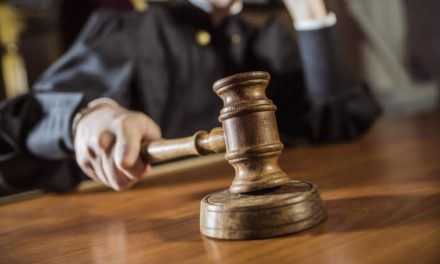PETALING JAYA | Lawyers are not in favour of witnesses giving evidence through remote communications technology in court for civil or criminal hearings.
Malaysian Bar secretary AG Kalidas said they submitted their preliminary views to the Chief Justice’s Office as feedback to the judiciary’s plan to hold virtual court hearings.
A draft of the proposed amendments had been circulated to lawyers last month.
The judiciary proposes to allow remote hearings instead of requiring proceedings to be conducted in a courtroom.
Previously, courts in Malaysia were closed from March 18 to May 13 after the government imposed restrictions on public activities to curb the spread of Covid-19.
“We have informed her (Chief Justice Tengku Maimun Tuan Mat) that we are agreeable to the use of remote communication technology for court proceedings for proceedings under the Rules of Court 2012.
“But remote hearings ought not to include trials and hearings that require witnesses to be cross-examined,” he said.
Besides that, Kalidas said lawyers do not want proceedings in the appellate courts (Court of Appeal and the Federal Court) to be done online.
The judiciary had proposed that judges in the Court of Appeal and Federal Court hear leave applications without oral submissions in open court.
“We disagree with the judiciary’s proposal to dispense with such oral hearings. Instead, we propose that oral submissions be limited to a prescribed time for the parties involved,” he added.
Aggrieved parties in civil cases, originating from High Courts, need to obtain permission (or leave) from the Federal Court to ventilate their cases at the highest level.
In the appellate court, aggrieved parties need to get the court’s nod in criminal cases originating from the Magistrate’s Court and civil cases from the Sessions Courts.
Kalidas also said lawyers also expressed their concerns over the validity of the proposed online hearing method and the need to amend the relevant provisions of the law.
“It was also emphasised that the use of remote hearings should be a temporary measure for a prescribed period of one year.
“Remote hearings should only be done with adequate safeguards and should be limited to situations where a departure from conventional proceedings is justified and in the interest of justice,” he added.








